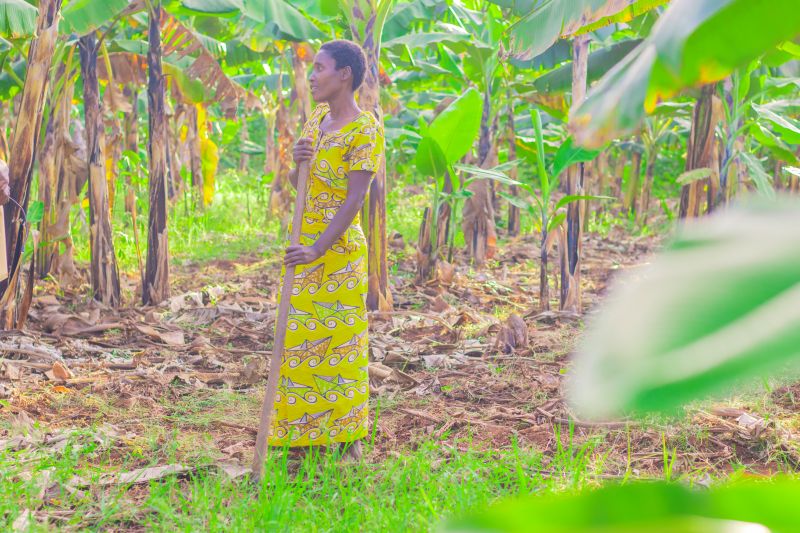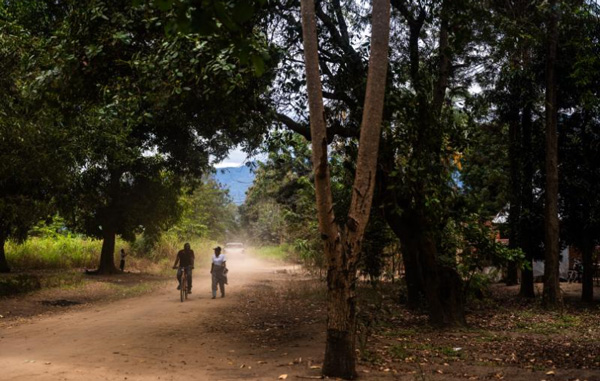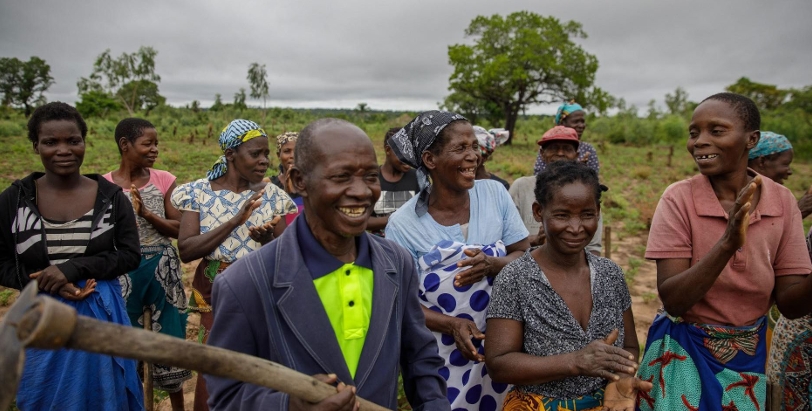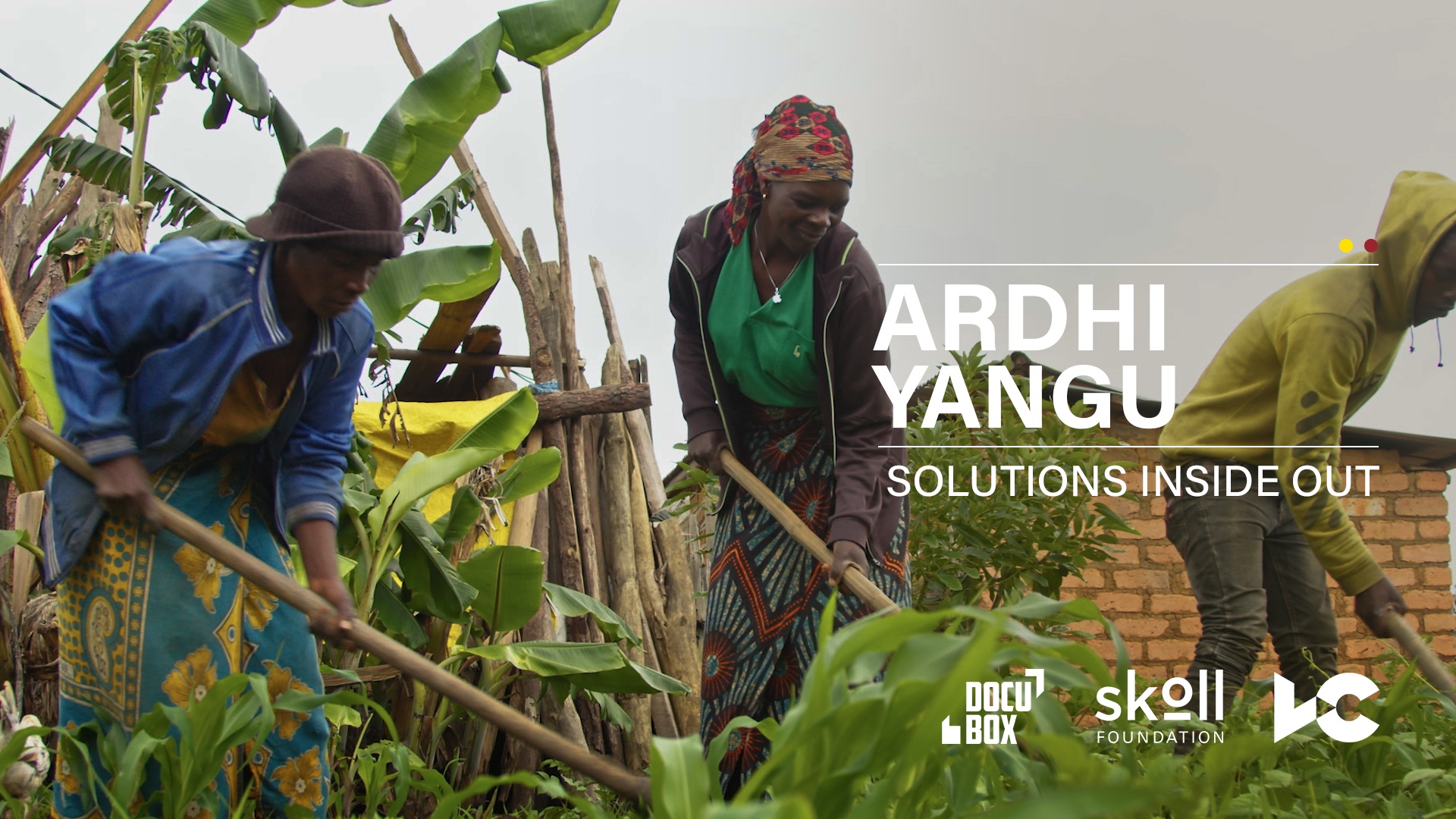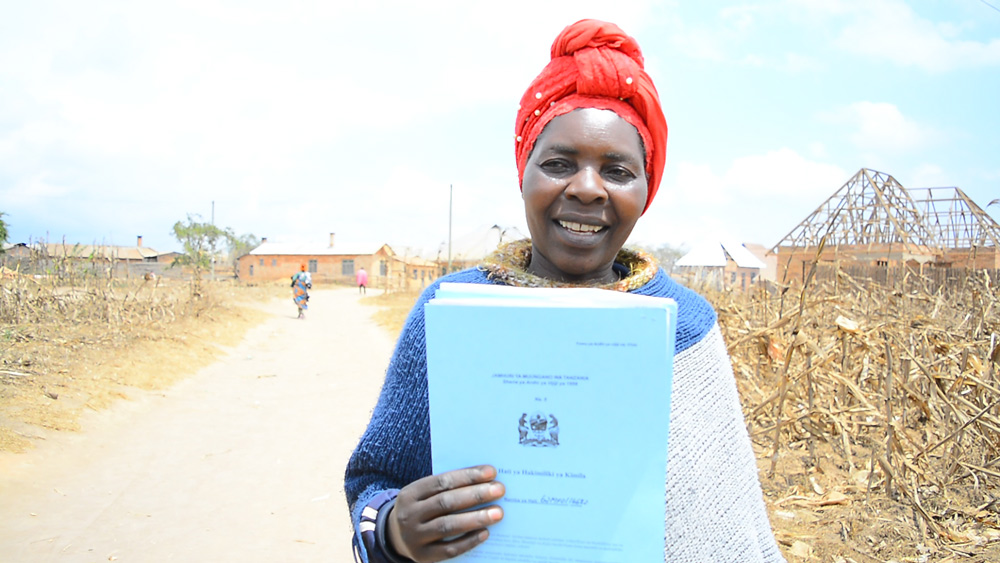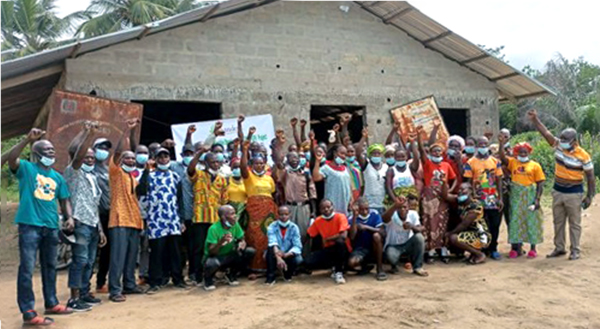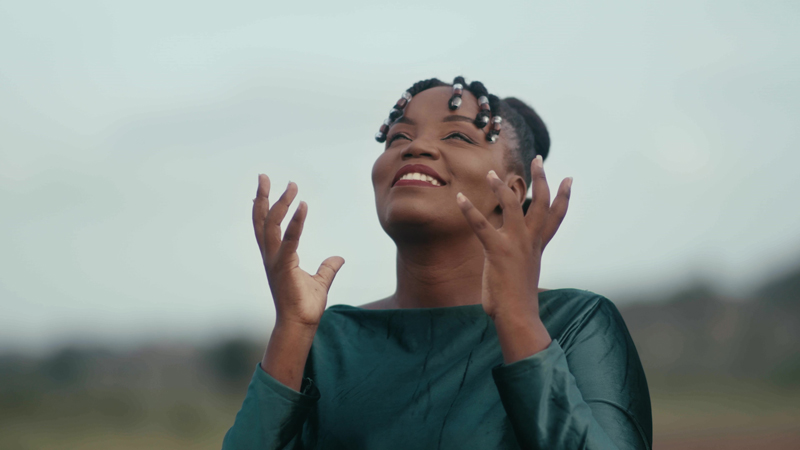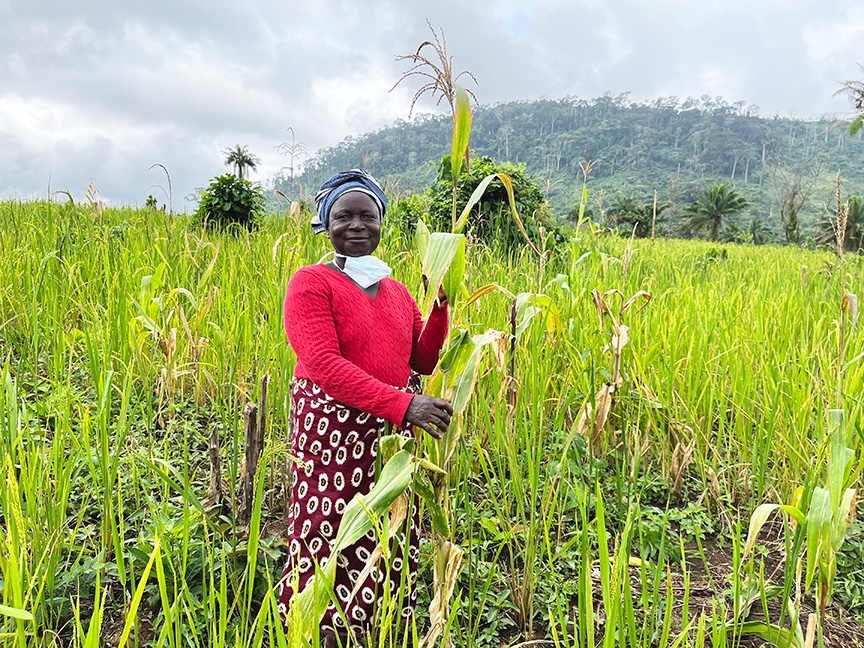Resources
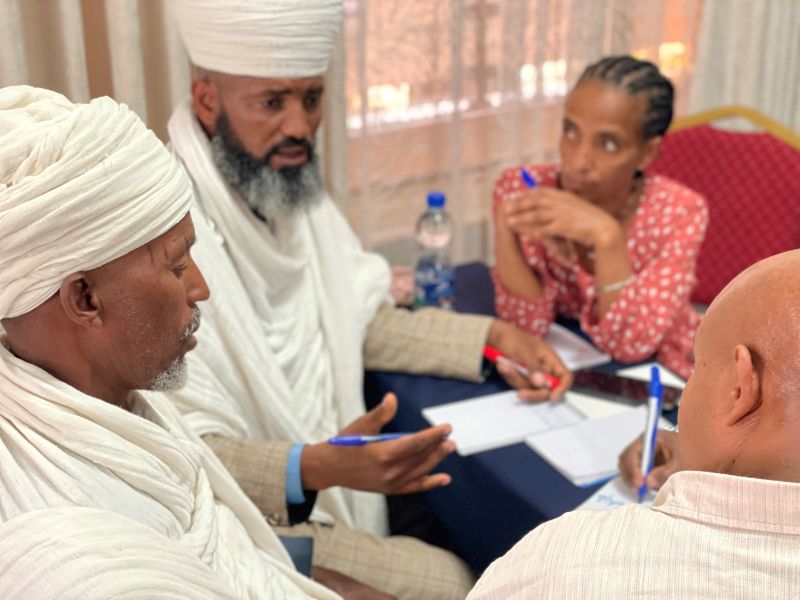
Featured resource
For a widow living with a disability, correcting her land boundaries was more than a technical process; it was a gateway to dignity, peace of mind, and community inclusion.
This guide explores women’s land rights through the lens of Ethiopian Christianity, drawing on Biblical texts, legal frameworks, and field evidence from Tigray, SWEPR, and Amhara regions. It aims to equip Church leaders to advocate for gender justice and influence customary norms within their communities.
An interactive Tanzanian case study and lessons for responsible land divestment. This resource is part of an initiative on community-smart consultation and consent supported by the BHP Foundation and implemented by Landesa, in partnership with RESOLVE, Conservation International, and the Centre for Social Responsibility in Mining (CSRM) at The University of Queensland.
Two recent cases of voluntary relinquishment of land by a company offer a rare opportunity to better understand land divestment, and to identify motivations, risks, and good practices to carry out a responsible exit that supports communities’ rights and benefits.
From “Solutions Inside Out,” a short documentary from Victor Njagi and Landesa follows a young widow in Tanzania who discovers the power and potential to change her life and protect the planet – in the land beneath her feet.
As carbon markets take center stage, Indigenous Peoples and Local Communities’ land and resource rights must be secured to protect people and planet. Landesa is uniquely positioned to do just that.
Consolata Kibiki, a resident of Ikongosi Juu Village in Tanzania’s Mufindi District, shares what many women around the globe have experienced for decades, due to socio-cultural norms that discriminate against women’s access, ownership, and control of productive resources like land.
On April 28, Landesa organized the launch of land formalization for Togba Nyakon Clan. This marked an important step forward on a journey begun in 2018, when Liberia adopted the national Land Rights Act, granting land rights for rural communities for the first time in the history of the West African nation.
Dr. Monica Mhoja joins award-winning poet and activist Hellen Bulugu to give voice to the millions of women who are calling out for the one thing they need most: a piece of land of their own.
Many challenges, such as deforestation, water management, land conflicts, labor rights, and smallholder support require collective action to address them in a meaningful way. This resource offers guidance for planners and implementers of landscape initiatives and suggests practical approaches to ensuring IPLC participation in, or ownership of, decisions in landscape initiatives at various key steps.
